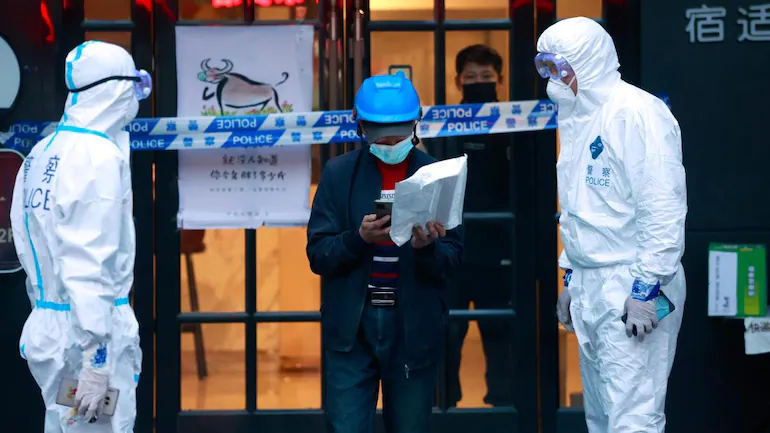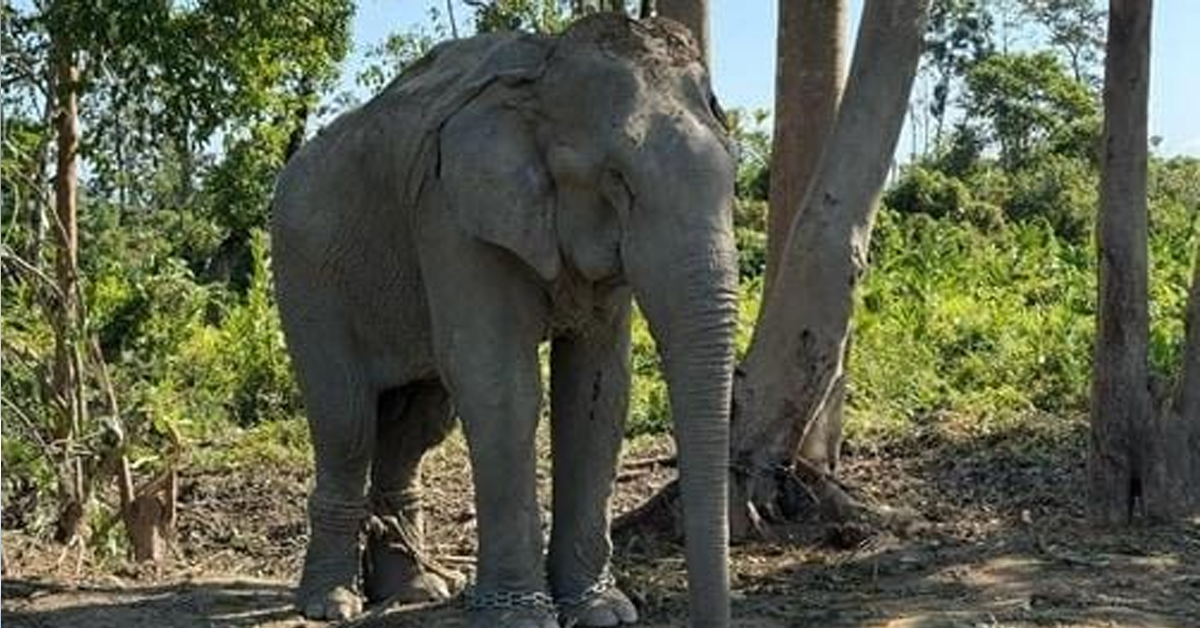Taipei, Aug 28: China will no longer require a negative COVID-19 test result for incoming travellers starting Wednesday, a milestone in its reopening to the rest of the world after a three-year isolation that began with the country's borders closing in March 2020.
Foreign Ministry spokesperson Wang Wenbin announced the change at a briefing in Beijing on Monday.
China in January ended quarantine requirements for its own citizens traveling from abroad, and over the past few months has gradually expanded the list of countries that Chinese people can travel to and increased the number of international flights.
Beijing ended its tough domestic "zero COVID" policy only in December, after years of draconian curbs that at times included full-city lockdowns and lengthy quarantines for people who were infected.
The restrictions slowed the world's second-largest economy, leading to rising unemployment and occasional instances of unrest.
As part of those measures, incoming travelers were required to isolate for weeks at government-designated hotels. Residents were in some cases forcibly locked into their homes in attempts to stop the virus from spreading.
Protests in major cities including Beijing, Shanghai, Guangzhou and Nanjing erupted in November over the COVID curbs, in the most direct challenge to the Communist Party's rule since the Tiananmen protests of 1989.
In early December, authorities abruptly scrapped most COVID controls, ushering in a wave of infections that overwhelmed hospitals and morgues.
A U.S. federally funded study this month found the rapid dismantling of the "zero COVID" policy may have led to nearly 2 million excess deaths in the following two months. That number greatly exceeds official estimates of 60,000 deaths within a month of the lifting of the curbs.
During the years of "zero COVID," local authorities occasionally imposed snap lockdowns in attempts to isolate infections, trapping people inside offices and apartment buildings.
From April until June last year, the city of Shanghai locked down its 25 million residents in one of the world's largest pandemic-related mass lockdowns. Residents were required to take frequent PCR tests and had to rely on government food supplies, often described as insufficient.
Throughout the pandemic, Beijing touted its "zero COVID" policy and the initial relatively low number of infections as an example of the superiority of China's political system over that of Western democracies.
Since lifting the COVID curbs, the government has been contending with a sluggish economic recovery. The restrictions, coupled with diplomatic frictions with the United States and other Western democracies, have driven some foreign companies to reduce their investments in China.
Let the Truth be known. If you read VB and like VB, please be a VB Supporter and Help us deliver the Truth to one and all.
Pilibhit (PTI): A 19-day-old elephant calf, brought from Bijnor, was placed under care at the Pilibhit Tiger Reserve (PTR) on Sunday, an official said and added that the calf got separated from its mother in the forest area of Bijnor.
The calf was born on December 2 in the Bijnor forest area and got separated from its mother shortly after birth, the official said.
The forest department made several attempts to reunite it with its mother, but without any success. To ensure the calf's safety and better care, it was decided to transfer it to the Pilibhit Tiger Reserve on the instructions of senior officials.
On Saturday, Deputy Director Manish Singh received the calf. Special arrangements have been made in the reserve for its care. It has been kept in a safe and clean environment to provide it with a natural setting and protect it from external noise and disturbances.
Singh told reporters that raising an 19-day-old calf is challenging.
It requires a special diet as a substitute for mother's milk and constant monitoring.
He said a special team has been formed to provide 24-hour care. Since the calf is very young, it is being cared for like a newborn baby.
According to Singh, the primary responsibility for monitoring the calf's health has been entrusted to PTR's veterinarian, Dr Daksh Gangwar. Under his supervision, a complete record of the calf's health checkups, diet, and body temperature is being maintained. The team is ensuring that the calf does not contract any infection.





